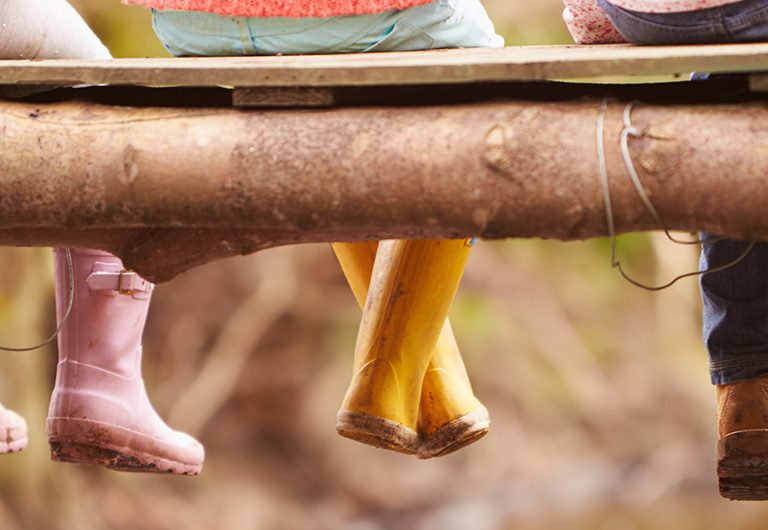The ‘Early Years Foundation Stage’ describes the period from 0 months to 5 years of age. The statutory Government guidance in the form of the EYFS Framework for early years professionals gives the desired approach to learning, the basic curriculum and care. Another document gives information on children’s typical stages of development (Development Matters) and suggests suitable activities to aid the children’s development within the 7 areas of learning.
The Early Years Curriculum
The Early Years curriculum is divided into ‘7 Areas of Learning’. These are divided into Prime Areas and Specific Areas.
Prime Areas are those which are fundamental to a child’s development and progress in all other areas. They are:
- Personal & Social Development
- Communication & Language
- Physical Development
They are sub-divided into further areas for example Physical Development is made up of two areas – Health and Self-Care and Moving and Handling.
The further four Specific Areas are:-
- Literacy
- Mathematical Development
- Understanding the World
- Expressive Art & Design
The Specific Areas are also divided into sub-headings.
In addition to the 7 areas of learning, children are also encouraged to develop positive attitudes to learning and these attributes are called the ‘Characteristics of Learning’ and have the following headings – playing and exploring, active learning, creating andthinking critically. These are again broken down into other skills such as perservering, concentrating, investigating, ‘having go’, developing their own ideas, or enjoying their activities. Children are also assessed on these characteristics during the year. ‘Forest School’ is a great environment in which these skills and attitudes can be encouraged to develop.
For more information visit: www.gov.uk/EYFS statutory framework
Foundation Years
At the end of the Reception Class year (5 years of age) in Primary Schools or elsewhere children are assessed on their level of development and this is called the Foundation Stage Profile. There is also a ‘progress check’ at around the age of 2 years 3 months. At these times staff are required to complete a written report on each child to inform parents. These results are also used by local authorities and government bodies to compare results from different settings and nationally.
Transition
When a child leaves the Nursery at the end of the pre-school year, staff will write a report to aid transition and inform parents of their child’s areas of strength and achievement. They also report on areas for development and the child’s characteristics of learning, eg. perseverance, confidence, listening skills etc. Staff also liaise with local schools and teachers who will visit their prospective children at the Nursery and visits are also arranged for the children to visit the School they are going to move on to. In addition, staff will pass on to teachers any helpful information that will aid the child’s settling in and the teacher’s ability to get to know them quickly.
Special Educational Needs
Charters Ancaster Nursery has a good track record of working with children with SEND and we have been commended by professionals and parents.
We work with a variety of professional therapists and experts and have achieved success in individual children’s progress at their own level of development. We are supportive of parents and we follow Government guidelines. Our Special Needs Policy explains our approach in more detail. Several staff are able to use Makaton and we use ‘symbols’ throughout the Nursery.
Healthy Eating
During the nursery day, the ‘early starters’ can be offered breakfast if necessary. In the morning and afternoon all classes will be given a healthy snack prepared by our in-house chef. At lunchtime, children receive a healthy and nutritious cooked lunch prepared in our kitchen which has a 5* rating for hygiene. We do have a no nuts and no grapes policy for safety and allergy reasons. Allergies and medical needs are catered for by arrangement.
Digital Media
You will be asked to accept or decline a permission on Famly. This is for use of your child’s image on the website, Facebook page, publicity materials, or in the press. You are able to change this permission at anytime. We protect children’s details at all times and only use names when reporting to a child’s parents on the online learning journey Famly or in necessary official paperwork.
Children are encouraged to use ICT equipment but they are supervised and inappropriate material is not allowed.
Policies
Our policies are available to view and download online. They are many and various. If you want to know what our policy is for Safeguarding or Behaviour Management, First Aid or Health and Safety for example, then look at our website link or call the Charters Ancaster office on 01424 216670 for a paper copy. The policies are reviewed every year and we welcome input from staff or parents.



